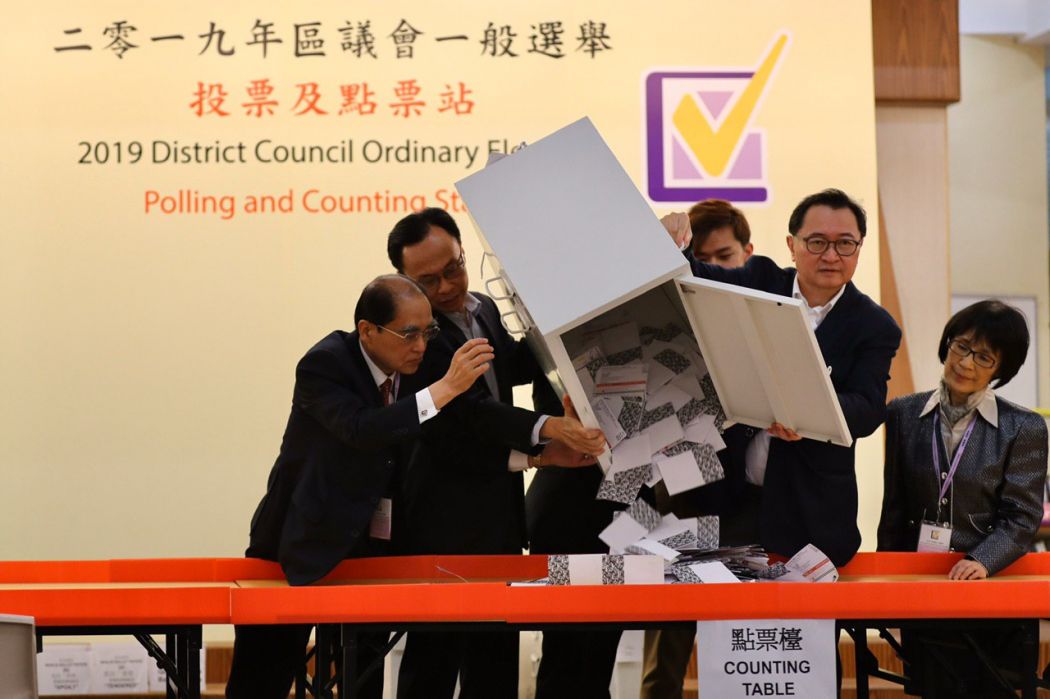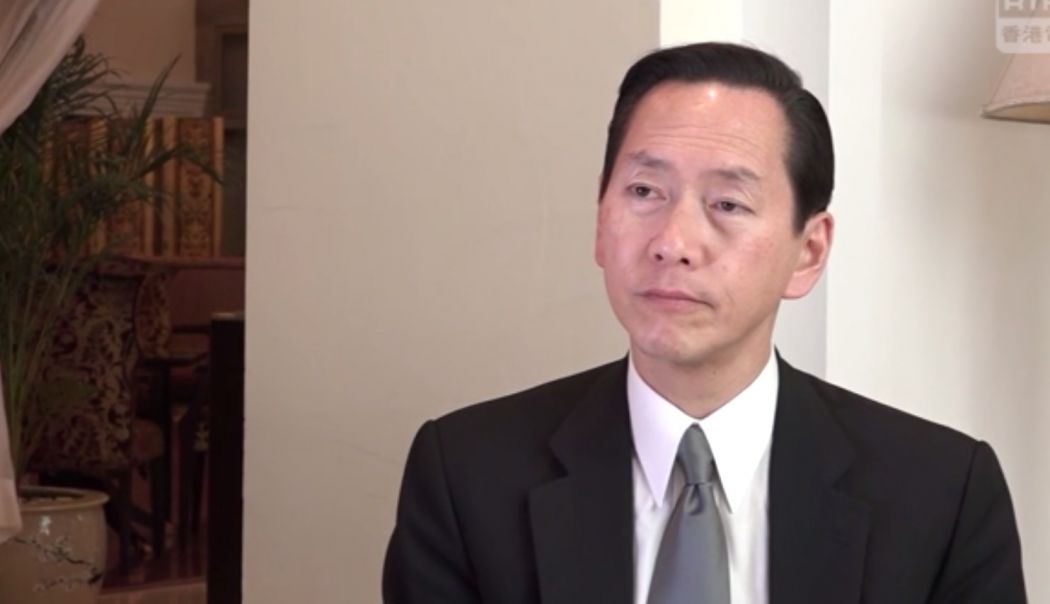China’s top legislature approved a resolution on Thursday to overhaul Hong Kong’s electoral system, as part of a bid to ensure only “patriots” hold power in the city. Critics say the move will further suppress opposition in Hong Kong by hindering pro-democracy figures from standing in local elections.
A total of 2,895 National People’s Congress (NPC) delegates voted in favour of the electoral overhaul with zero against, and one abstention, on the last day of its annual meeting in Beijing. When the vote count was revealed, around 30 seconds of applause followed.

Thursday’s resolution set out only the general principles for the proposed electoral amendments. The process will be similar to the enactment of the national security law last year, when the controversial legislation – which targets secession, subversion, collusion with foreign powers and acts of terrorism – was imposed on the semi-autonomous region without local legislative oversight.

Nine articles
According state-run news wire Xinhua, the decision passed on Thursday has nine articles.
It stipulated that the electoral overhaul must fulfil the policy of One Country, Two Systems and ensure that the HKSAR administration has “patriots as the main body.”
The number of members on the Election Committee tasked with picking the Chief Executive will be upped from 1,200 to 1,500, with new powers to elect some members of the legislature. They will also be responsible for nominating candidates to stand in legislative races.

The resolution specifies that the candidates for the office of the chief executive will need to secure 188 nominations from the Election Committee, with no less than 15 nominations from each of the five sectors to vie for the leadership role. It is unclear whether district councillors will be ousted from the committee as speculated, as the resolution only mentioned that “representatives of district organisations” will be included in the new composition of the electoral body.
Meanwhile, the city’s Legislative Council (Lego) will see an increase in number of lawmakers from 70 to 90, comprised of those elected by the Election Committee and those returned by functional and geographical constituencies. The decision did not state the ratio of the new LegCo composition.
A vetting mechanism will be established for “reviewing and confirming the qualifications” of candidates for the Election Committee, the chief executive and the legislators.
“The HKSAR shall improve the system and mechanisms related to qualification review, to ensure that the qualifications of candidates are in conformity with the Basic Law, the [national security law]… and provisions of relevant local laws of the HKSAR,” Xinhua’s report read.
The resolution came weeks after Beijing official Xia Baolong made clear that Hong Kong should bar “anti-China” opposition forces from entering the city’s political structure. He said the power to administer the HKSAR must lie in the hands of “patriots” only.
‘Improved’ elections
On Monday, Chief Executive Carrie Lam hailed the proposed changes as ways to “improve” the current electoral system. She rejected claims that the overhaul targeted democrats and were designed to favour pro-establishment candidates: “It is designed to ensure that whoever is administering Hong Kong is patriotic, and this is only right in terms of political ethics,” Lam said.

The Hong Kong leader could not rule out another delay to the Legislative Council election scheduled for September. It was first postponed last July when the chief executive invoked her emergency powers citing Covid-19 fears.
In a Thursday press release, Lam said she was “delighted” with the plans laid out for Hong Kong in China’s five-year plan: “The HKSAR Government will spare no effort in explaining to the public the work of the NPC on improving the electoral system of the HKSAR and implementing ‘patriots administering Hong Kong,’ she said. She added that efforts to “enhance Hong Kong people’s understanding of national development, in particular national security” will be stepped up.
‘Going back’
Bernard Chan, convenor of the Executive Council, told RTHK on Wednesday that the overhaul would drag Hong Kong’s democratic process back to the early days of the 1997 handover. He said it was because the “improved” electoral system did not achieve its intended effects, making the central authorities concerned about whether the policy of One Country, Two Systems could move forward.

“Very unfortunately, we really see that today we are going back to the format during the early days of the handover,” Chan said.
The Hong Kong delegate to the NPC said he understood Hongkongers would be disappointed by the electoral system in the short term, adding it will take time for the people of Hong Kong to rebuild mutual trust with China.
Meanwhile, in a statement issued shortly after the NPC’s vote, Beijing’s Liaison Office in Hong Kong praised the decision to overhaul the city’s electoral system as “just and improved.” The spokesperson claimed the general public in Hong Kong had expressed “resolute support” and “enthusiastically looked forward” to the proposed electoral changes, citing street booths and online petitions in support of the move.
They also mentioned the “large amount of reporting and commentaries” from different media as proof that Beijing’s resolution had public support.
“This fully shows that after years of political dispute and radical social unrest, different sectors in Hong Kong have learned from its pain… this powerfully illustrates the central government’s policies in Hong Kong have broad electorate base,” the Liaison Office said.
Support HKFP | Policies & Ethics | Error/typo? | Contact Us | Newsletter | Transparency & Annual Report | Apps
Help safeguard press freedom & keep HKFP free for all readers by supporting our team























